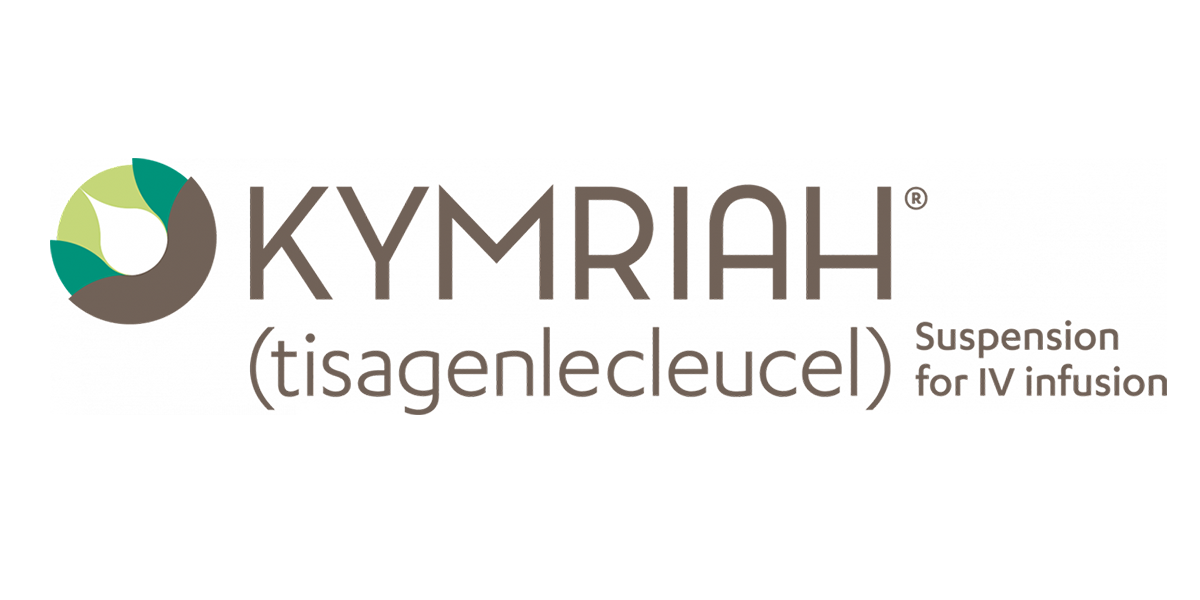
Kymriah®, the first CAR T-cell therapy approved by the FDA, received approval last week for a third type of blood cancer.
Kymriah, the brand name for tisagenlecleucel, is now approved for patients with relapsed or refractory follicular lymphoma after at least two attempts with other therapies. Penn Medicine, which developed Kymriah more than a decade ago, announced the news on its website.
Follicular lymphoma is the most common slow-growing non-Hodgkin lymphoma, a type of blood cancer affecting around 15,000 people in the United States each year. Approving this cancer cell and gene therapy will help many patients who do not respond to chemotherapy or a stem-cell transplant.
History of Kymriah and ACGT
The development of Kymriah was funded in part by Alliance for Cancer Gene Therapy (ACGT) more than a decade ago. ACGT funded the work of Carl June, MD, one of the first researchers to receive grant funding from the Alliance. Dr. June, now an ACGT Scientific Advisory Council member, is Director of the Center for Cellular Immunotherapies at Abramson Cancer Center and the Director of the Parker Institute for Cancer Immunotherapy at Penn Medicine.
This much-needed funding from ACGT was the result of generous donations from the general public. It led to two historic clinical trials, which sparked the initial FDA approval and two of the most inspirational cancer survival stories.
The cell and gene therapy was used in a 2010 clinical trial for chronic lymphocytic leukemia and a 2012 clinical trial for children with acute lymphoblastic leukemia, both run by Dr. June.
Doug Olson and Emily Whitehead were two of the patients in these trials. Doug, who was diagnosed with chronic lymphocytic leukemia, is now 12 years cancer-free thanks to his infusion of Kymriah CAR T cells.
Emily, the first child treated with CAR T-cell therapy, had acute lymphoblastic leukemia. Just a few weeks ago, she reached her 10-year survival milestone thanks in large part to Kymriah, Dr. June, and the teams at Penn Medicine and Children’s Hospital of Philadelphia.
“In just over a decade, we have moved from treating the very first patients with CAR T-cell therapy and seeing them live healthy lives beyond cancer to having three FDA-approved uses of these living drugs which have helped thousands of patients across the globe. Today’s news is new fuel for our work to define the future of cell therapy and set new standards in harnessing the immune system to treat cancer.” — Carl June, MD, ACGT Scientific Advisory Council member and Director of the Center for Cellular Immunotherapies at Abramson Cancer Center
All approvals for Kymriah and other CAR T-cell therapies
The FDA approved Kymriah in 2017 for acute lymphoblastic leukemia. It was a historic moment – the first CAR T-cell therapy approved for any type of cancer. The cell and gene therapy received a second approval in 2018 for large B-cell lymphoma. Both approvals give patients access after two lines of other treatment failed to control their cancer.
Kymriah is the only CAR T-cell therapy with approvals for both adults and children with specific types of blood cancer. The cell and gene therapy is also offered at outpatient treatment centers, making the process much more flexible and easier for patients and caregivers.
There are six total CAR T-cell therapies approved for blood cancers. The other five are:
- Yescarta®, approved for non-Hodgkin lymphoma
- Tecartus®, approved for mantle cell lymphoma
- Breyanzi®, approved for non-Hodgkin lymphoma
- Abecma®, approved for multiple myeloma
- Carvykti®, approved for multiple myeloma
All five are approved only after at least one attempt with another therapy – most require at least two rounds of therapy. Carvykti received approval earlier in 2022.
Earlier this year, Yescarta made history for the field of cell and gene therapy. It became the first CAR T cell available to patients after just one other kind of treatment (usually chemotherapy) has failed.
Impressive response from patients to Kymriah in study
The latest approval comes after a crucial phase 1 clinical trial featuring Kymriah. The results were presented at the 2021 American Society of Clinical Oncology meeting.
There were 97 patients, with almost all having a positive response. The result study leaders hope for is either the tumor shrinking or stalling in growth:
- 68% had a complete response (no signs of the tumor on scans)
- 18% had a partial response (tumor shrank in size or stopped growing)
- 85% remained in remission for at least one year
Page sources
- Penn Medicine Developed CAR T Cell Therapy Wins Third FDA Approval. Penn Medicine. Retrieved from: https://www.pennmedicine.org/news/news-releases/2022/may/penn-medicine-developed-car-t-cell-therapy-wins-third-fda-approval. Accessed: 05/29/2022.



